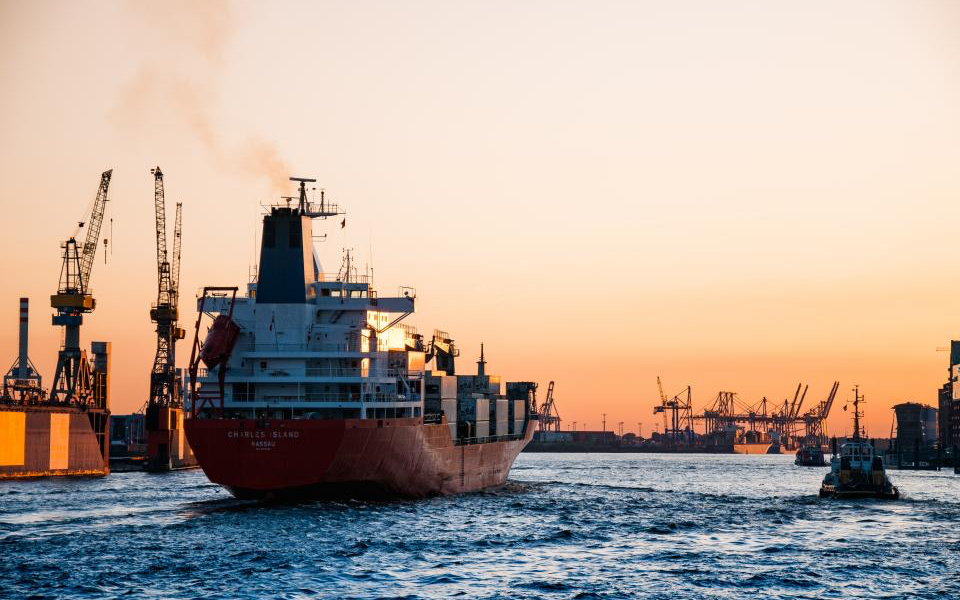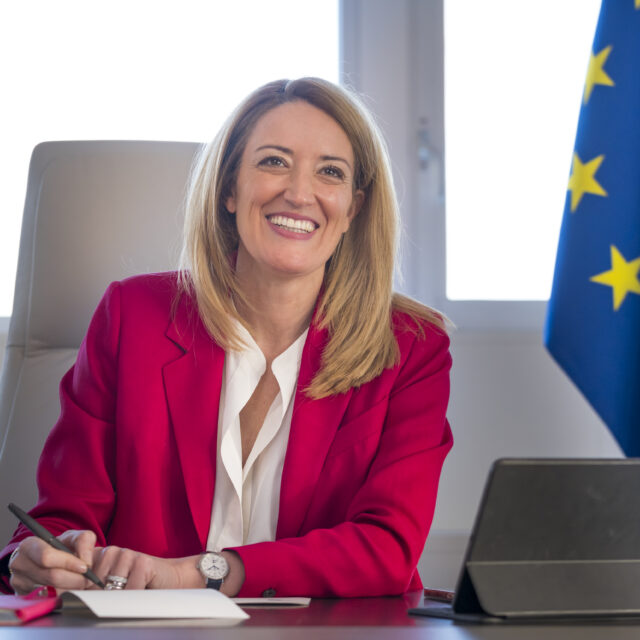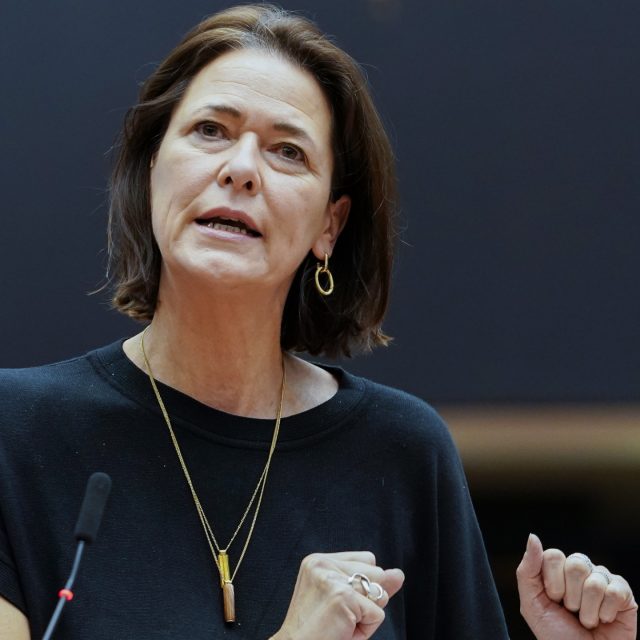According to the International Maritime Organization (IMO), international shipping accounts for about 2.2% of global CO2 emissions.
Although shipping is considered one of the most energy-efficient modes of mass transport, a global approach to improving emissions is needed.
Poul Woodall, Director of Environment and Sustainability at DFDS, says that he sees companies across Europe accepting this challenge and doing their part to reduce transport emissions.

“More and more customers include a request for environmental data in their tenders,” he says. “That means they are keeping a closer eye on the impact of their shipping and that they want to track it. That is certainly a good start.”
Sustainability is a complex science that is not always easily applicable. Data can be interpreted in many different ways and that makes it difficult for companies to work with.
Woodall says, “It’s our job to make sure our customers are aware of these complexities. We need to use our knowledge to help them understand the impact of their shipping activities. The best way to do this is through a face-to-face dialogue. Then I can get a good understanding of what they are looking for and how it plays into their business model, and I can do my best to guide them based on the data we can supply.”
Environmental regulations are becoming stricter and stricter and that means transport is becoming more expensive – regardless of the mode of transportation. DFDS, he says, also helps customers understand what the future will bring.
“The IMO wants to cut greenhouse gas emissions in half by 2050,” he says. “That means that the mainstream fuels we use today will be obsolete. We’re working with inventors to help them develop new fuels. That’s an exciting challenge to work with, and we can use our involvement to help customers prepare and know where to invest.”
Woodall is also vice-chair of the Green Ship of the Future steering group, which brings together Danish maritime players to create a framework for a green change to shipping.
Meanwhile, the EPP Group in the European parliament say it is in favour of cutting shipping emissions by as much as 50 percent by integrating them into the existing EU Emissions Trading System (ETS), if an impact assessment shows that this works.

“Cutting emissions to net zero by 2050 in Europe is ambitious and challenging. This is why each sector needs to contribute, also shipping. The EU ETS is the right instrument for this, but we must do it properly. We want a debate with all the relevant stakeholders and an impact assessment outlining the possible consequences by June 2021. Then we can make our final decision”, said Pernille Weiss MEP.
Parliament’s Environment Committee recently voted on changes to the data collection system for ship fuel oil consumption. Weiss, who is negotiating the draft law on behalf of the EPP Group, wants the new rules to reward, not punish, the first movers.
“Shipping companies that have already heavily invested in reducing their emissions over the last decade must not be penalised. Our goal is to reduce CO2 emissions in shipping by 50 percent by 2030, compared to 2008 levels”, said Weiss.
The EPP Group opposes a reduction of 40 percent compared to 2018-2019, as proposed by the Greens. “This would favour the biggest polluters”, she added.




